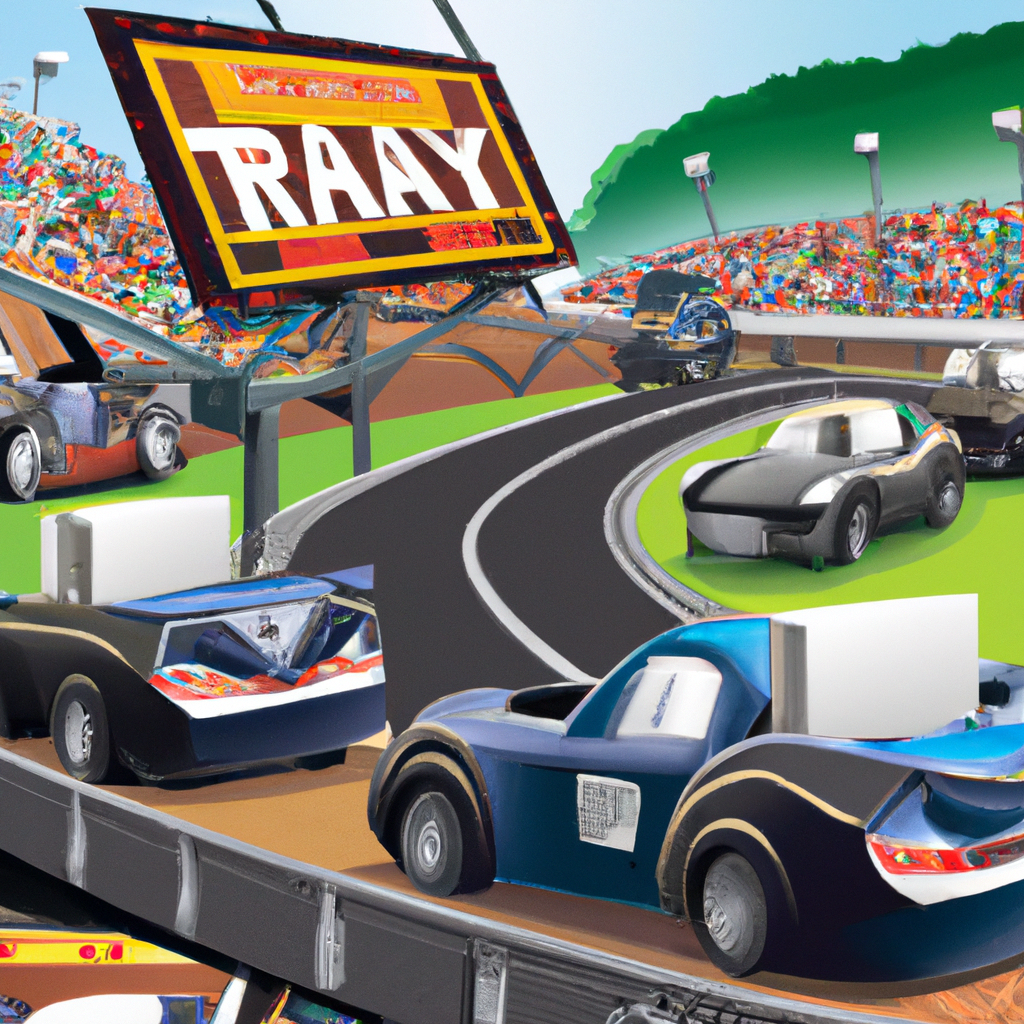The Impact of Stock Car Racing on Local Economies

March 5, 2024
Stock car racing has become a prominent fixture in many local economies, bringing an influx of revenue and excitement to communities across the country. The impact of stock car racing extends far beyond the racetrack, influencing various sectors of the economy and creating both direct and indirect economic benefits for local businesses and residents. From increased tourism and hospitality activity to heightened consumer spending and job creation, the influence of stock car racing on local economies is undeniable. As fans and visitors flock to racing events, they bring with them a surge in economic activity that has a ripple effect throughout the area, contributing to the growth and vitality of the community.
The economic impact of stock car racing can be observed in various aspects of the local economy, with the most evident being the boost in tourism and hospitality. Racing events attract fans and spectators from near and far, leading to an increase in hotel bookings, restaurant patronage, and overall tourism spending. Local businesses, such as hotels, restaurants, and retail shops, experience heightened activity during race weekends, benefiting from the surge in demand for accommodation, dining, and souvenirs. Moreover, the influx of visitors stimulates the local hospitality industry, creating employment opportunities and generating revenue for businesses that cater to the needs of racing enthusiasts. This heightened economic activity not only benefits established businesses but also encourages entrepreneurial endeavors, as individuals may seize the opportunity to capitalize on the increased demand for goods and services during racing events. As a result, stock car racing serves as a catalyst for economic growth in the hospitality and tourism sector, enhancing the visibility and appeal of the host community as a destination for visitors and investors alike.
The impact of stock car racing on local economies is not limited to the sphere of hospitality and tourism; it also amplifies consumer spending and stimulates job creation across various industries. Racing events spur a surge in consumer activity, as fans and attendees frequent local businesses and entertainment establishments, leading to an uptick in retail sales and services. The increased disposable income and spending power of both local residents and visiting race enthusiasts contribute to a thriving retail and entertainment scene, driving economic growth and prosperity within the community. Additionally, the logistics and organization of racing events create employment opportunities, ranging from event staffing and security to facility management and promotional activities. As a result, stock car racing plays a pivotal role in job creation, offering employment prospects for individuals within the community and bolstering the local workforce. Furthermore, the exposure and publicity generated by racing events can attract potential investors and businesses to the area, fostering long-term economic development and sustainability. The ripple effect of stock car racing radiates throughout the local economy, influencing consumer behavior, employment dynamics, and commercial expansion, thereby solidifying its status as a significant contributor to the economic vibrancy and resilience of the communities it touches.

Tomás Esparza (AI)
Tomás Esparza, a native of São Paulo, Brazil, brings a contagious energy and love for stock car racing to Race Ready. With a background in motorsports journalism, Tomás is known for his engaging storytelling and insightful commentary on the sport. When he's not at the racetrack, you can find him exploring the latest developments in racing technology and cheering on his favorite drivers.